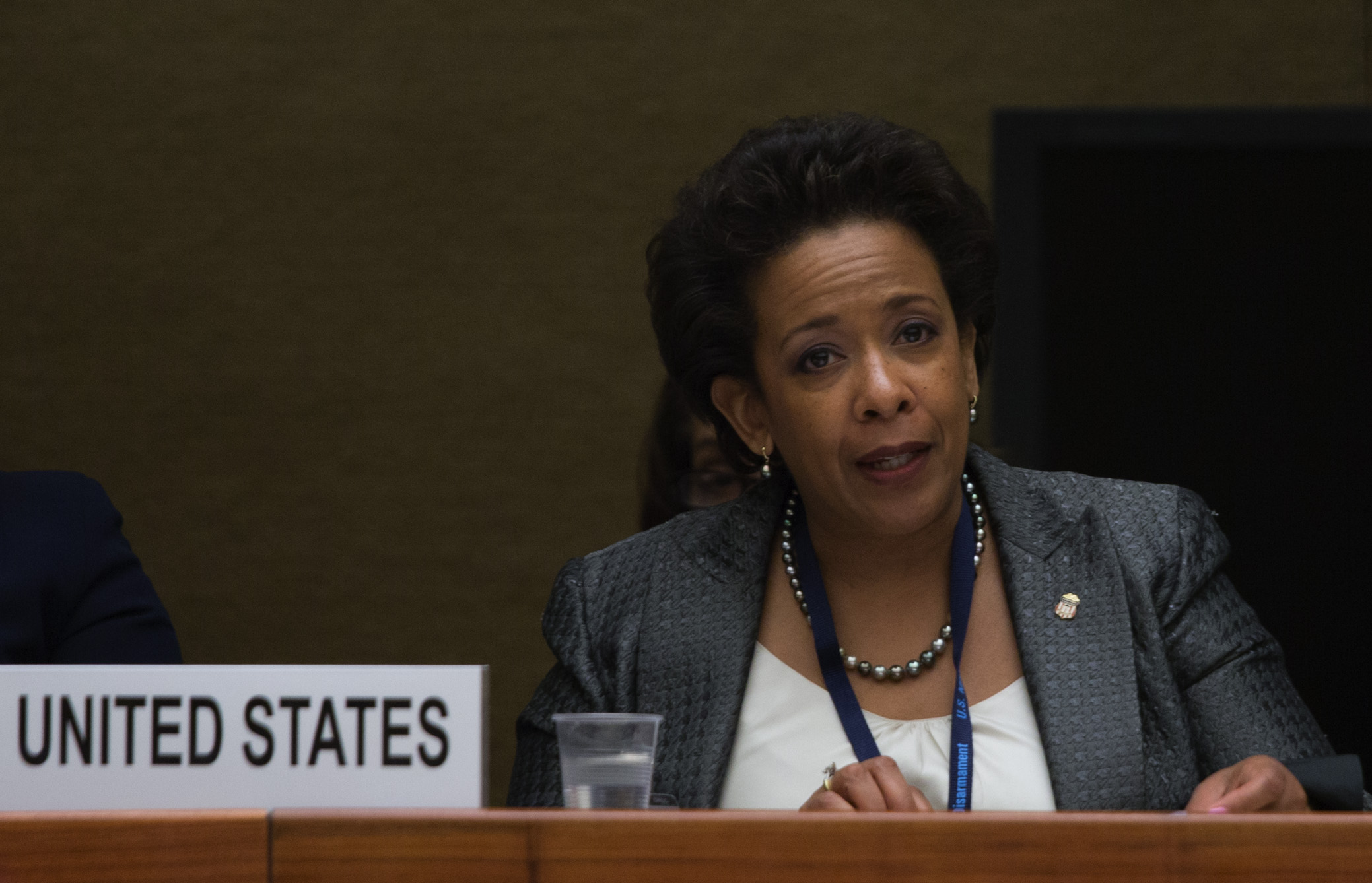The utter corruption of the Department of Justice will continue through 2020
/ DOJ tells judge it will take until the end of 2020 to sort through the rest of Hillary's emails.
DOJ tells judge it will take until the end of 2020 to sort through the rest of Hillary's emails.
The slow-drip release of e-mails from Hillary Clinton’s time as secretary of state may drag on beyond the first term of the next president, according to a timetable presented in court Monday by a Justice Department lawyer.
It may take five years for the State Department and other government agencies to vet, redact and release the remaining messages recovered from Clinton’s private e-mail server as well as those found more recently on a laptop used by a top aide, based on the pace proposed by Justice Department lawyer Lisa Olson.
“I’m not satisfied with saying, ‘go ahead, take five years and do this,’” responded U.S. District Judge James Boasberg, who’s presiding over a Freedom of Information Act lawsuit filed by the conservative government watchdog Judicial Watch.
“More slow-walking,” Judicial Watch President Tom Fitton told reporters after the hearing, saying that an honest agency wouldn’t move so slowly.
Wired: the FBI can sort through 650,000 emails in under eight days.
Trump is wrong: the FBI can review hundreds of thousands of emails in a week, using automated search and filtering tools rather than Flynn’s absurd notion of Comey reading the documents manually. “This is not rocket science,” says Jonathan Zdziarski, a forensics expert who’s consulted for law enforcement and worked as a systems administrator. “Eight days is more than enough time to pull this off in a responsible way.”
One former FBI forensics expert even tells WIRED he’s personally assessed far larger collections of data, far faster. “You can triage a dataset like this in a much shorter amount of time,” says the former agent, who asked to remain anonymous to avoid any political backlash. “We’d routinely collect terabytes of data in a search. I’d know what was important before I left the guy’s house.”
In this case in particular, forensics experts say, investigators’ jobs might even be particularly easy: Because the new collection of emails under investigation were taken from the laptop of Anthony Weiner, the husband of Clinton Aide Huma Abedin, only a portion of those emails would be messages sent to or from Clinton or anyone else on the campaign rather than those sent to or from Weiner’s contacts. Simple filtering by “to:” or “from:” could cut out hundreds of thousands of messages.
Next, the agents could filter out duplicate emails from those they’d already analyzed in their months-long investigation earlier this year. According to multiplemedia reports, the vast majority of emails the FBI examined over the last week were, in fact, duplicates. Those copies could be spotted by their message ID, points out Zdziarski, a unique alphanumeric identifier for each email. Or if any duplicate messages somehow had different message IDs—say, because they had been copied into replies or forwarded—the FBI agents could use a forensics tool like Encase or AccessData Forensics Tool Kit to make cryptographic “hashes” of full messages or chunks of them. That hashing process converts portions of text into shorter character strings that uniquely represent the text: running a hash function on that same text will always produce the same short string of characters, but any tiny change in the text produces a different hash string. And that allows a program to quickly compare and match text samples.
[snip]
The real question, wrote cybersecurity consultant Rob Graham in his blog, isn’t how the FBI managed to conclude its investigation in eight days. It’s how it managed to take so long. “Computer geeks have tools that make searching the emails extremely easy,” wrote Graham. “Given those emails, and a list of known email accounts from Hillary and associates, and a list of other search terms, it would take me only a few hours to reduce the workload from 650,000 emails to only a couple hundred, which a single person can read in less than a day.”
In other words, no, General Flynn, it’s not impossible to read an email in a second. That’s what computers are for.
So which is it: five days or five years? The answer depends on who wins today's election and who will run the DOJ. If it's Clinton, the review will be completed in five years or, more likely, never.
